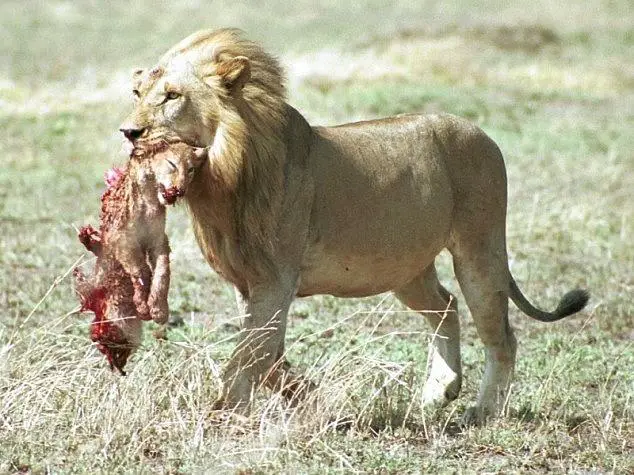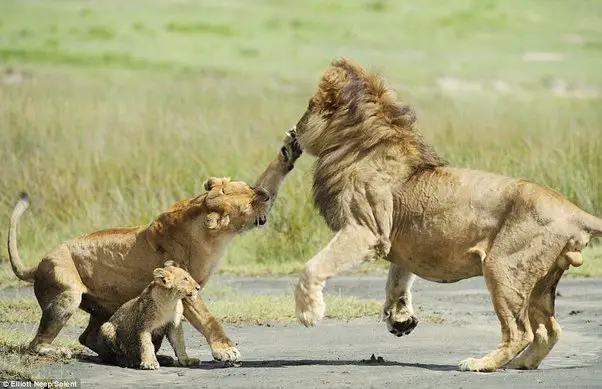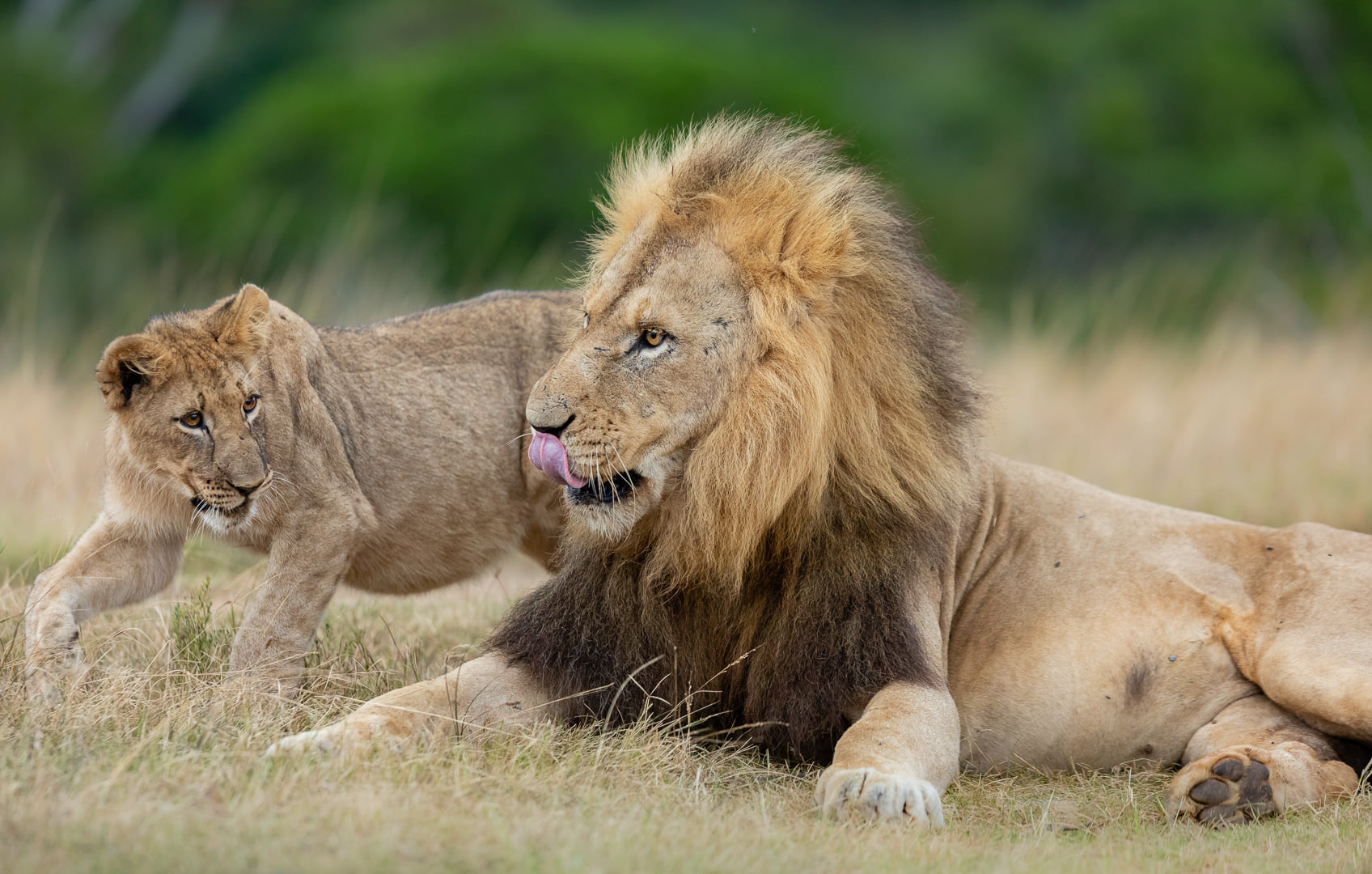In the seemingly idyllic world of the animal kingdom, there exist behaviors that challenge our understanding of nature. One such perplexing phenomenon is the occasional killing of cubs by male lions. This behavior, while seemingly counterintuitive, is deeply rooted in the intricate dynamics of lion society. In this exploration, we delve into the reasons behind this phenomenon and attempt to unravel the mysteries of why male lions, otherwise majestic and protective, may turn against the very offspring they are genetically predisposed to protect.
Table of Contents
In the seemingly idyllic world of the animal kingdom, behaviors often challenge our understanding of nature. One such perplexing phenomenon is the occasional killing of cubs by male lions. This behavior, while seemingly counterintuitive, is deeply rooted in the intricate dynamics of lion society. In this exploration, we delve into the reasons behind this phenomenon and attempt to unravel the mysteries of why male lions, otherwise majestic and protective, may turn against the very offspring they are genetically predisposed to protect.
Territorial Instincts and New Leadership
Male lions are territorial creatures. When a new coalition of males takes over a pride, they may engage in infanticide to assert dominance. This brutal act eliminates the genetic legacy of the previous leader and ensures the new males can sire their own offspring. By establishing their dominance, these new leaders secure their position and enhance their reproductive success.

Accelerating Reproductive Cycles
In the wild, female lions come into estrus shortly after giving birth, a strategy that helps synchronize the reproductive cycles of the pride. Male lions may resort to killing cubs to expedite this cycle, ensuring the females become available for mating sooner than they would if they were nursing cubs. This accelerates the males' opportunity to pass on their genes.
Resource Competition
The availability of resources such as food and water plays a crucial role in lion behavior. In times of scarcity, especially when a pride is on the move or establishing a new territory, males may view cubs as competition for limited resources. In such situations, the harsh realities of survival often take precedence over familial bonds, leading to infanticide as a grim but strategic decision.

Evolutionary Strategies
From an evolutionary standpoint, infanticide can be seen as a mechanism to enhance a male lion's genetic legacy. By eliminating the offspring of rivals, a male increases the likelihood that the lionesses will devote their reproductive efforts to his progeny, thus maximizing the transmission of his genes. This behavior, though brutal, serves to optimize the male's reproductive success.
Adaptation to Environmental Stress
In certain environmental conditions, such as drought or when prey is scarce, the stress on a lion pride can trigger unexpected behaviors. Male lions may respond to environmental stress by culling the number of dependent cubs, a somber but pragmatic response to challenging circumstances. This adaptation, although harsh, can be essential for the survival of the pride.
Conclusion
While the act of a male lion killing cubs is undoubtedly distressing, it is crucial to understand these behaviors within the broader context of survival and evolutionary strategies. Nature, as beautiful and harmonious as it appears, operates under the relentless pressure of competition, adaptation, and the pursuit of genetic success. Exploring these complexities provides us with a more nuanced perspective on the intricate tapestry of life in the wild, where the balance between cruelty and necessity is often delicate and unforgiving.


